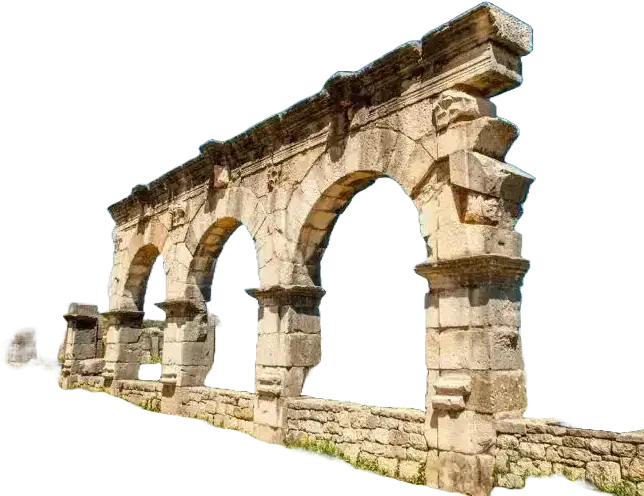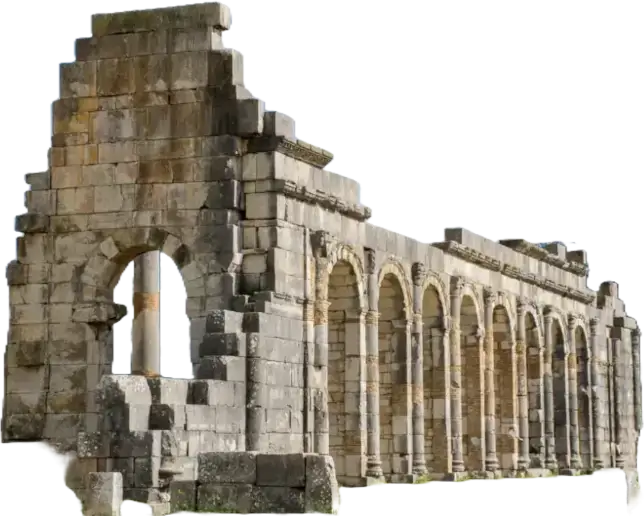
I don’t always play chess, but when I do, I’m bad. I fall in love with my own offensive. I’m just a couple of moves away from winning. Really, I am. I sacrifice a rook, maybe a knight, but it doesn’t matter, because the game is almost over. And then, BAM (no, not البنيان المرصوص). I completely miss my opponent’s attack. I really need those pieces now and the ones I do have are all stuck in the wrong position. I can’t get them repositioned fast enough to save myself. Checkmate.
It may not be checkmate for the Government of National Accord (GNA) and the Misratans in Libya, but they certainly got played by General Khalifa Haftar, the strongman leader of the Libyan National Army (which one Facebook page has listed aptly as a “local business.”) While Misrata and the GNA were focused on defeating the Islamic State in Sirte – doubtless a worthy fight – Haftar stayed away and conserved his assets for what he sees as the bigger prize – Libya’s oil infrastructure. Over the Eid al-Adha holiday, he launched Operation Swift Lightening and seized four of Libya’s oil export terminals (Ras Lanuf, Es-Sidr, Brega, and Zueitina) that had been under the control of Petroleum Facilities Guard (PFG) chief Ibrahim al-Jadhran. The four terminals have a combined nameplate export capacity of 820kbpd.
Jadhran had blockaded the ports for more than a year, but then he reached (extracted?) an accommodation with Prime Minister Fayez Serraj’s GNA in Tripoli. Under the deal, the GNA would pay PFG forces to reopen the terminals. But when Haftar’s forces showed up on Sunday, Jadhran’s troops cut and ran.
Serraj initially ordered a counter-attack, but it wasn’t clear what forces would actually participate – after all, two other powerful militias in the country either don’t support the GNA and are imposing an oil blockade of their own (Zintan) or are bogged down trying to clear Islamic State dead-enders from Sirte (Misrata). Serraj has since resorted to bromides about natural resources being for all Libyans, the importance of national institutions, and the need to avoid further violent confrontation. Bromides being bromides, Serraj’s comments won’t do much.
When Jadhran controlled the ports he found himself in a bit of a pickle. He had the oil, but he couldn’t sell it. He tried once, but US forces interceded and returned the wayward tanker to Libya. So, Jadhran’s strength lay not in getting rich, but in preventing anyone else from doing so too.
Having now seized the ports for himself, Haftar may find himself in the same situation. He may be able to hold the terminals, but unless he can establish clear title to the oil, he won’t be able to sell it.
Jadhran’s blockade ultimately forced Serraj to give him most of what he wanted. The animosity between Serraj and Haftar, however, runs deeper. Haftar doesn’t want to work with the GNA. He wants Serraj and the GNA gone. He’s unlikely to use his stranglehold on Libya’s oil exports to squeeze concessions from the GNA. Instead, he wants to choke it out.
It’s important to remember that Mustafa Sanalla, the CEO of the company that actually owns Libya’s oil, the National Oil Corporation (NOC), was no friend of Jadhran. In an open letter in July, he said that Serraj’s willingness to deal with Jadhran could be grounds for the NOC to withdraw its support for the GNA. To the extent that you can separate oil from politics in Libya, if you’re concerned about global oil markets, Sanalla is the one to watch. If politics is more your bag, Haftar is your man.


